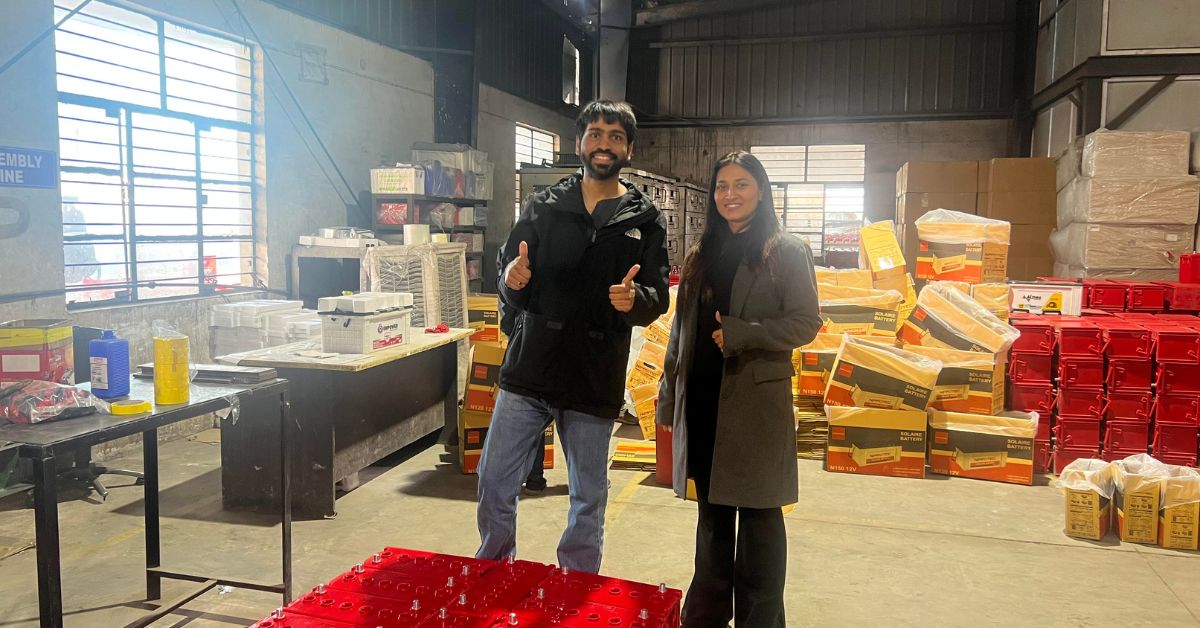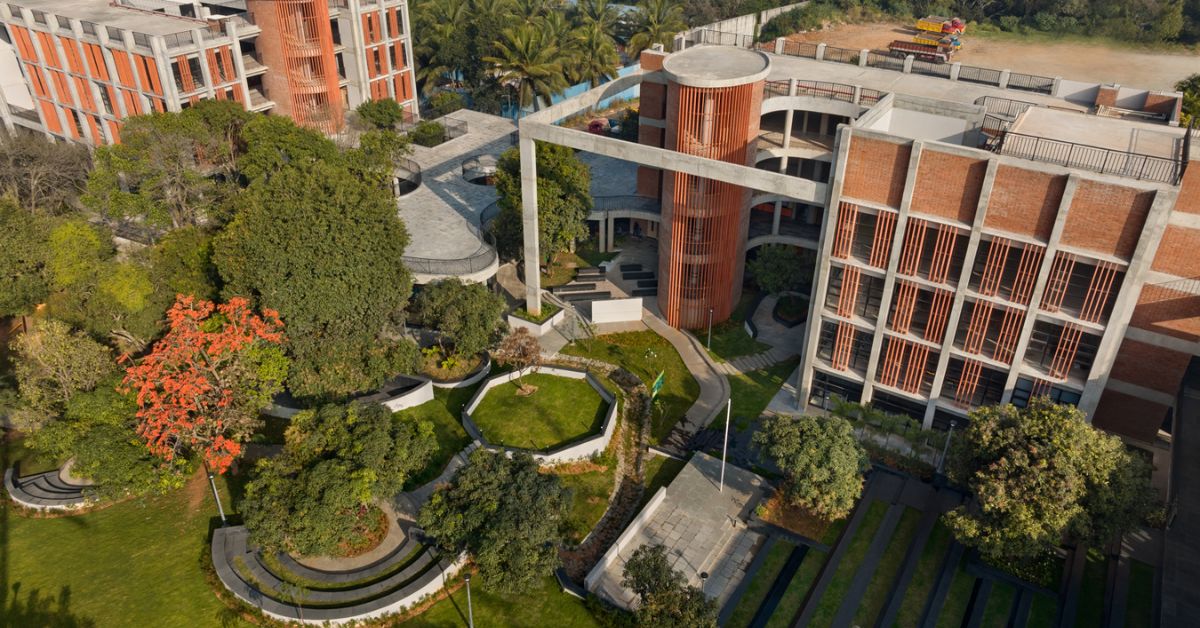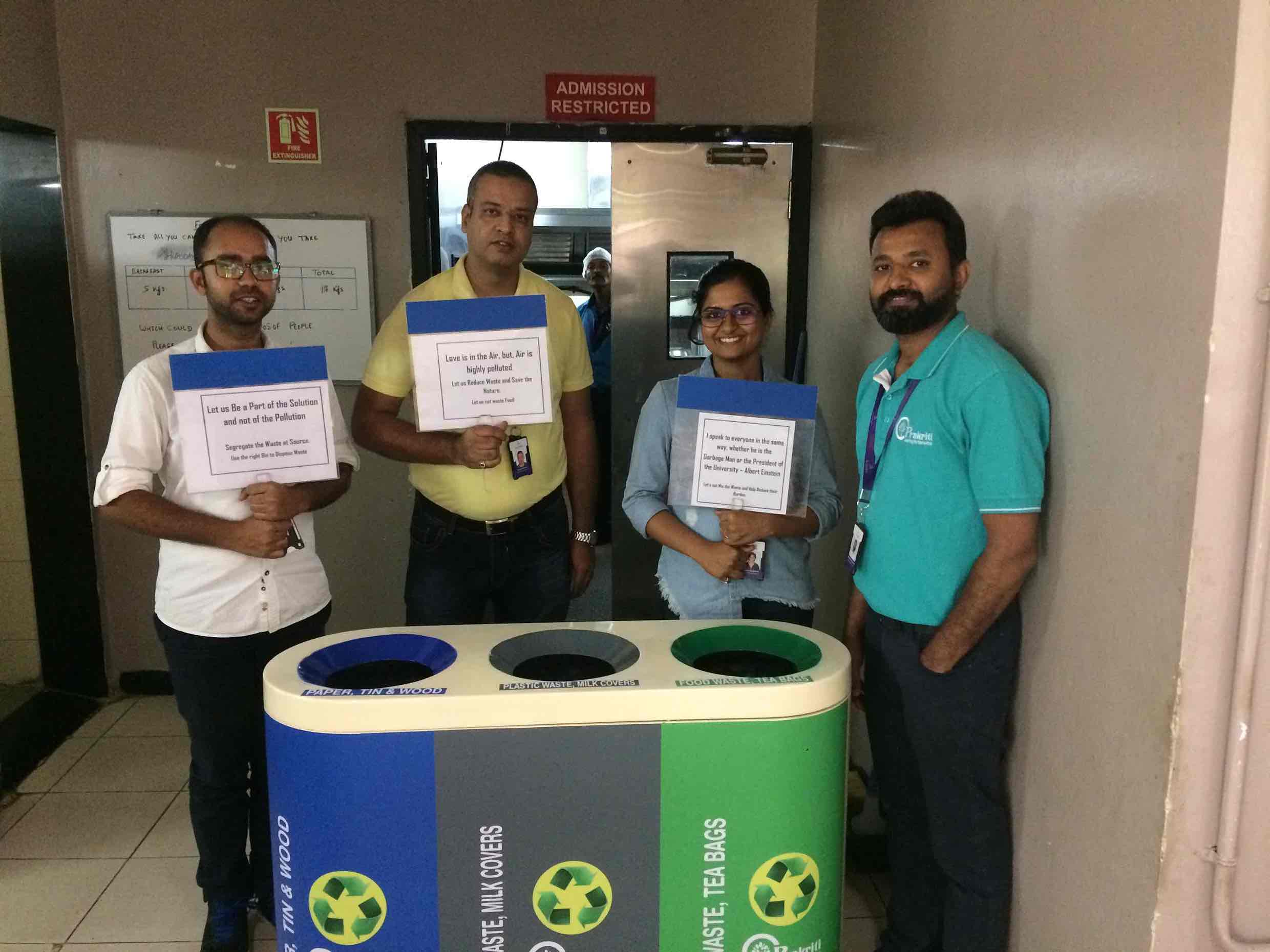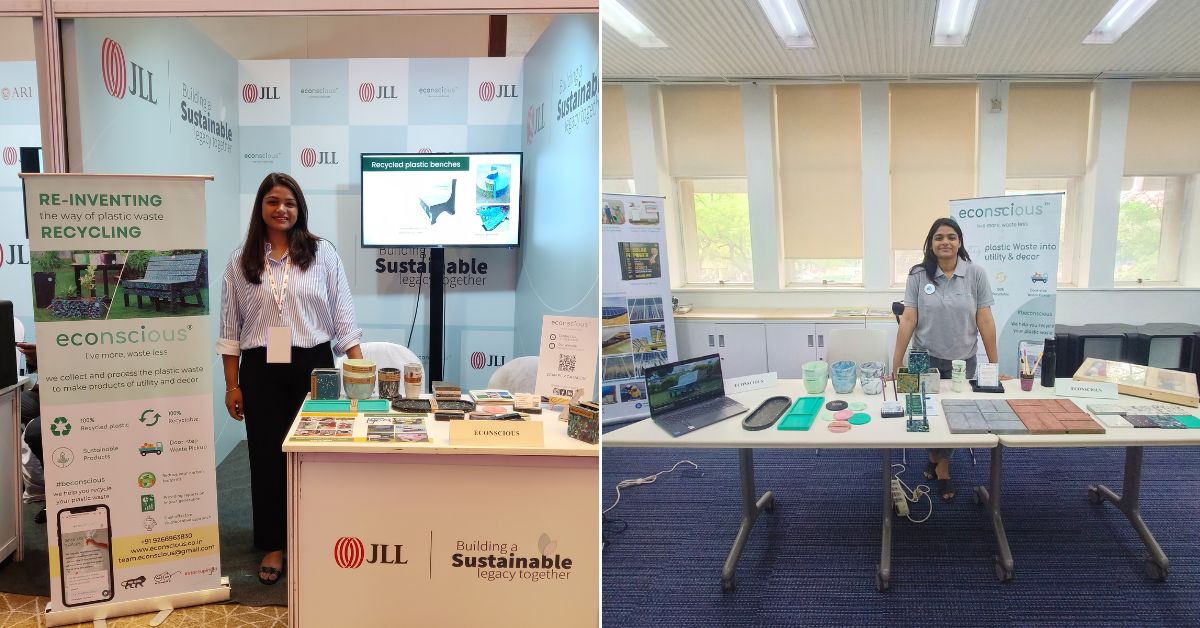The adage “waste not, want not” has taken on new significance as organisations across sectors embrace sustainable practices. From tech giants to educational institutions, a growing number of entities are recognising the value of reducing waste and optimising resources. The Central Government’s Special Campaign 4.0, too, generated a substantial Rs 2,364 crore through the sale of scrap.
By adopting innovative approaches to waste management, organisations are not only contributing to environmental conservation but also reaping significant financial benefits. Here’s a look at some firms leading this transformation.
1. Cancrie
What they do:
Cancrie is turning waste into wealth by transforming coconut shells into nanocarbon for electric vehicle batteries.
“We are using waste to make nanocarbons, and by adding it as a component into the existing batteries, we are increasing their efficiencies. This reduces the need for mining of rare earth metals and makes the planet more sustainable,” says Akshay Jain, co-founder of Cancrie.

Impact:
- Increased battery performance by 125%
- Reduced reliance on virgin raw materials
- Repurposed agricultural waste
Read more here.
2. EuroSchool, Bengaluru
What they do:
The EuroSchool Bannerghatta, an architectural marvel located in Bengaluru, prioritises sustainability at its core. The school has implemented rainwater harvesting and utilises recycled and upcycled materials in its construction.
“Our design attempts to make the learning environment more fun and immersed in nature. The designs of the classrooms and other rooms are made in a way that they blend with the nature outside,” Saurabh Gupta, one of two architects who designed the building, says.

Impact:
- Made classrooms environment-friendly
- Minimised environmental footprint
- Incorporated sustainable practices into educational infrastructure
Read more here.
3. Taruwar Agro
What they do:
These enterprising students from Bihar are making waves by turning banana tree waste into eco-friendly products, including handicrafts, yarns, sanitary pads, and banana leather.
“Today, I am glad that banana waste in a radius of 10 kilometres from our factory is being used as raw materials for useful products,” says Jagat Kalyan, co-founder of the firm.

Impact:
- Reduced deforestation
- Created sustainable alternatives for waste management
- Empowered local farmers with additional income
Read more here.
4. Sasken Technologies
What they do:
Sasken Technologies isn’t just an IT firm; it’s a champion for a greener future. They have established a first-of-its-kind organic farm on their Bengaluru campus, utilising wind energy to power their operations. This innovative approach integrates sustainable practices into the very foundation of their business.
“Every month, we make an effort to calculate our collective carbon footprint, based on which we work out ways to bring it down. At one point, we documented a CO2 production of 250 tonnes, which led us to start buying wind energy, instead of electricity from BESCOM. Our CO2 production rates had gone down by nearly 50 per cent, almost immediately,” says Shailendra Singh, who heads the company’s environment management committee.

Impact:
- Reduced reliance on conventional energy sources
- Promoted on-site food production and organic farming practices
- Created a model for sustainable business operations within the IT sector
Read more here.
5. econscious
What they do:
econscious is turning trash into treasure by upcycling plastic waste into functional and stylish products such as planters and furniture. Their revenues exceed Rs 1 crore a year.
“Our manufacturing process is designed to maximise the utility and lifespan of these products. By focusing on upcycling, we give plastic waste a new life as useful and aesthetically pleasing products,” says Sonal, co-founder of the company.

Impact:
- Reduced plastic pollution
- Created sustainable alternatives to traditional products
- Created employment opportunities in the waste management sector
Read more here.
Edited by Khushi Arora
No comments:
Post a Comment